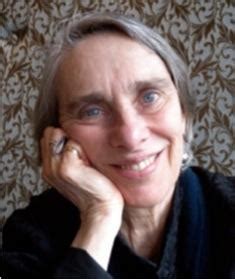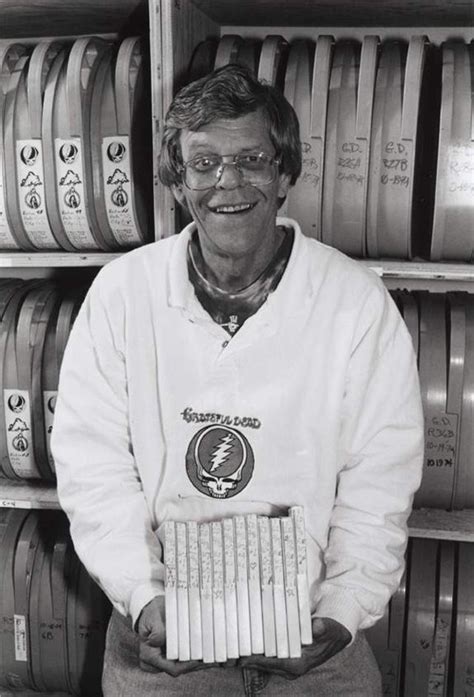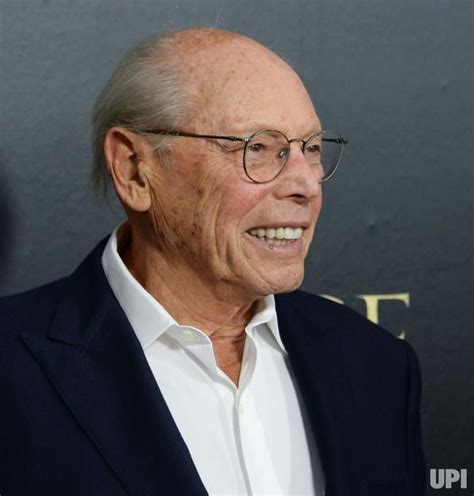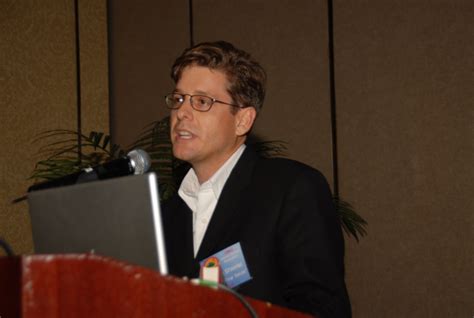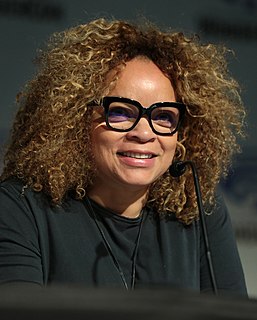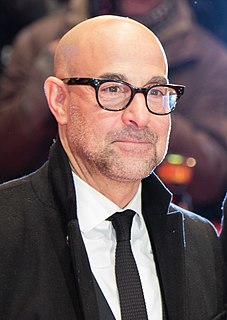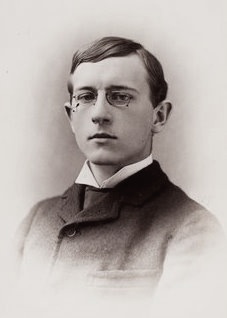A Quote by Joan Larkin
My books have come many years apart and each one seems to reflect a period of experience. Ending the book is like putting a period on a certain movement. Interior and external - both.
Related Quotes
I don't have an agenda. I don't have things I want to get to or something. I have like a broad, slim grasp of certain periods and certain shows within that period, an awareness of them, but they demand re-listening. I have a flimsy grasp of all the eras and ideas within each period of what would be a good show to think of.
A period of about twelve years measured the beat of the pendulum. After the Declaration of Independence, twelve years had been needed to create an efficient Constitution; another twelve years of energy brought a reaction against the government then created; a third period of twelve years was ending in a sweep toward still greater energy; and already a child could calculate the result of a few more such returns.
Many of the things that I have written on have focused, at least a big part of the story, on adolescents. I think that in that period of life, so much happens, and it's the period of life where you're forming into an adult. In certain ways, you're already an adult and in certain ways you're still a kid.
I write about the period 1933-42, and I read books written during those years: books by foreign correspondents of the time, histories of the time written contemporaneously or just afterwards, autobiographies and biographies of people who were there, present-day histories of the period, and novels written during those times.
I begin with understanding the intentions of the story. That helps me to zero in. Then I gather research for each individual character and analyze the time period with comparisons to the figure and the facial structure. It helps to be comfortable with computers because the massive amount of research is kept electronically and shared with my staff this way. Very little is printed out. I work with an illustrator to come up with the proper silhouettes and details of the clothing from the time period to time period. And on and on.
I always thought that art that is produced somehow has to reflect the zeitgeist or the ambiance and the time and the history in which it is produced. I think it's inescapable. It's like we look back now, at work done savoring the thirties, and you can almost tell it was done during that period of time. Now maybe, that's a style of period or something, I don't know. I think my work, or the things that interest me, come out of my reaction to history.
The mistake we make with many people - not just Russia - is that we believe we have the model, and there is a sort of a condescension in our dialogue with other societies, which was especially painful in several administrations to Russia. I think in Russia, the Yeltsin period is not considered a period of great achievement, but a period of corruption and humiliation.
